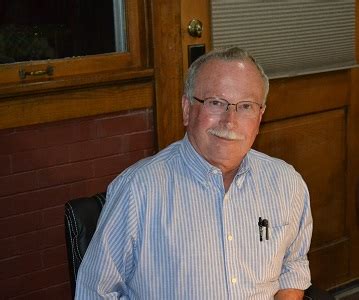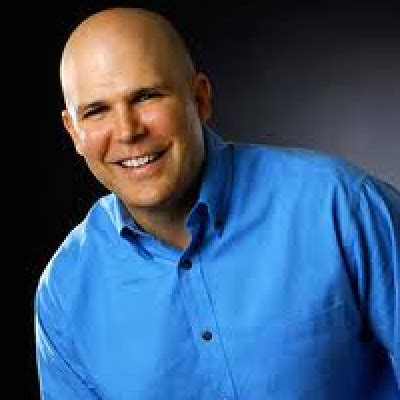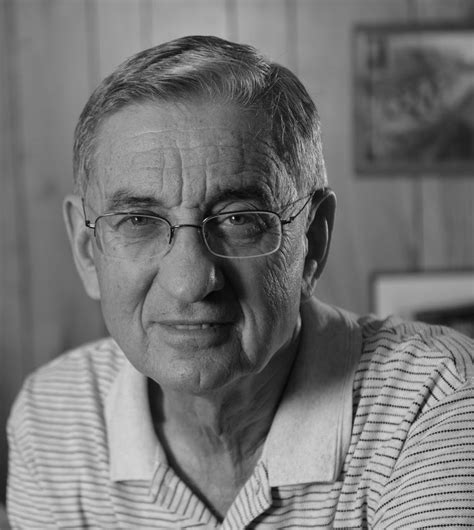A Quote by T. D. Jakes
Most of what I have seen, the churches that are growing are the best are those that are nondenominational. But I don't think it's because they are nondenominational. I think that there's a certain method by which they go about reaching out to people that are not as traditional as your mainland churches generally do.
Related Quotes
The churches that are growing and thriving are churches that I would call evangelical and orthodox for the most part in their beliefs. They are churches that tend to evangelize ... and encourage their people to share their faith. These are the churches that are actually growing. The ones that are shrinking are the ones that are compromising and watering down what the word of God says.
Suppose there arise a dispute relative to some important question among us, should we not have recourse to the most ancient Churches with which the apostles held constant intercourse, and learn from them what is certain and clear in regard to the present question? For how should it be if the apostles themselves had not left us writings? Would it not be necessary, in that case, to follow the course of the tradition which they handed down to those to whom they did commit the Churches?
The Bible says that in the last days, there will be people in our churches who are not true believers, among other things. Because of watered-down messages and compromise, people will feel comfortable in certain churches because they are never confronted with their sin. I believe my job as a pastor is to comfort the afflicted and to afflict the comfortable.
There are three things, and it depends on the group that we're talking about, but there's history, there's culture, and then there's social networks. So, you know, historically black and white, they worship together until about the end of slavery, and people started moving out into separate churches. But it was because of discrimination and racism and such that blacks began to establish their own denominations and their own churches.
Churches are the primary partners that work with Habitat in an almost infinite variety of creative overlapping circles. We cherish these partnerships with churches…I have always seen Habitat for Humanity as a servant of the church and as a vehicle through which the church and its people can express their love, faith, and servanthood to people in need in a very tangible and concrete (literally!) way.
But I must add that the U.S. government must not, as by this order, undertake to run the churches. When an individual, in a church or out of it, becomes dangerous to the public interest, he must be checked; but let the churches, as such take care of themselves. It will not do for the U.S. to appoint Trustees, Supervisors, or other agents for the churches.
I don't have any complaints about homosexuals being married in a civil ceremony. But I don't think that the government ought to require religious organizations, churches, should perform marriages between homosexuals if a local congregation decides otherwise. I believe in the autonomy of individual churches.


































